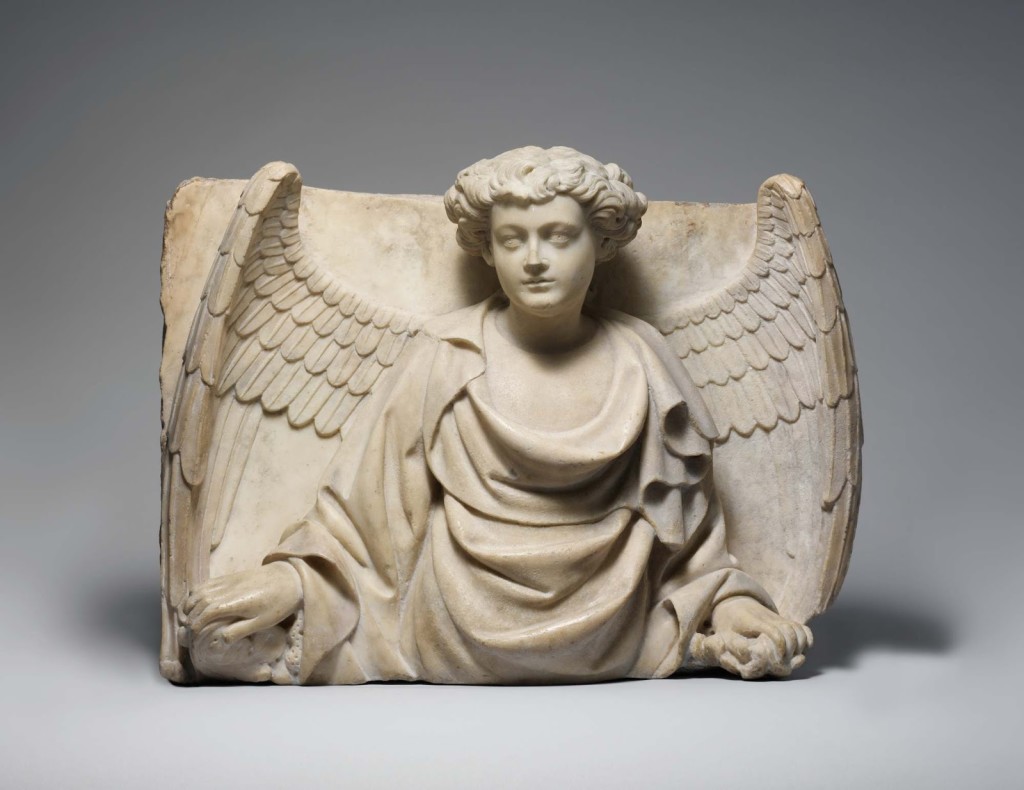Friends in Purgatory
“THE thought of death and what follows death can be not only salutary, but even sweet and attractive, by linking it with the thought of our deceased ones — parents, relations, neighbours, friends. When a person is advanced in years, he can count more friends beyond the grave than this side of it. It is sweet to live in memory with them, to pray for and to them. When our conversation is with them, as St. Paul might put it, we learn to see the things of this life in their proper perspective. The soul turns from things of earth, and unites itself with God, and longs for the day when they shall receive it into everlasting dwellings, where it will be united to its friends. The invisible and beneficient presence of our departed friends is about it. Whether they are in Heaven or in Purgatory, they pray for us. When the soul has tasted the sweetness of this company, it cannot be separated from it, because the world holds no charm for it and a heavenly nostalgia fills it to the overflow.








